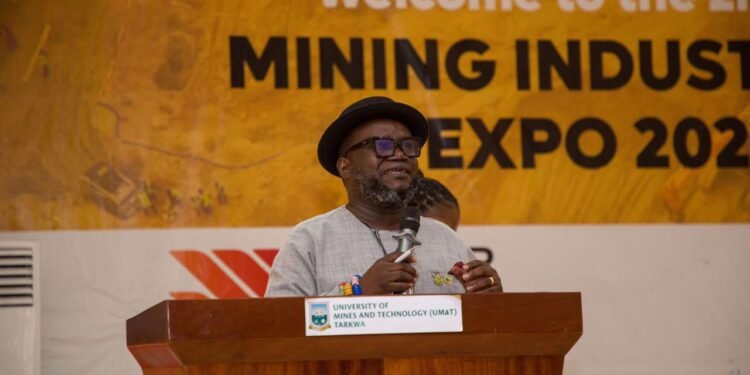Mr. Isaac Assan, an Assistant Human Resource Person at Petra, a financial hub that undertakes its operations in investment, savings, insurance and pensions, has disclosed the suicidal nature and impact of the debt exchange, stating that the initiative disregards the time value of money.
According to Mr. Assan, time value of money which seeks to look at the greater benefit to receiving a sum of money now rather than an identical sum later is what the government is refusing to look at on the part of the debt exchange program.
Commenting on government’s decision to make payment of matured bonds in the future years of 2027, 2029, 2032 and 2037, Mr. Assan averred that the interest designated to be paid by the government in the subsequent years to come could worth less if it were paid now. Hence, “a delayed investment is a lost opportunity,” he stated.
“There is no denying fact that money earned today will always worth more than money earned tomorrow. Ghc500 interest earned today is never the same as Ghc500 interest earned one year from now. Money gained in the present time can be reinvested to gain more interest, realized gains, or unrealized gains.
“Government has made the decision to hold on the payment of principals and interest on bonds with the notion to pay them in 2027, 2029, 2032 and 2037. Note that within the potential interim, if the investors are to be paid their interest as at now, they can use these monies to undertake certain businesses which by the stated dates, gained triple folds of what the government has decided to offer them.”
Mr. Isaac Assan
Certain future risks and uncertainties including inflation which cannot be vividly projected may turn to devalue the interest to be earned during the future years by bondholders.
Making a case for his submission, the human resource assistant mentioned that outflow of cash is in our control as payments to parties are made by people. However, there is no certainty for future cash inflows. Cash inflows are usually determined by the present economic variables like inflation.
According to him, an individual or firm is never certain about future cash receipts, it prefers receiving cash now.
“In an inflationary economy, the money received today, has more purchasing power than the money to be received in future. In other words, a rupee today represents a greater real purchasing power than a rupee a year after.”
Mr. Isaac Assan
Government Urged To Consider the Plight Of Pensioners
According to the Human Resource person, government in its decision to implement the debt exchange program must consider the predicament it tends to bring on the old aged retirees.
“For the pensioners, they spent a lot of time working hard all their life with the notion to invest in bonds so they can at least get something small to rely on in catering for their financial needs.
“How then are they to wait till 2027, 2029, 2032 and 2037 to get their funds when most of them are even ill. What shows by then they will be alive? The money that will be given to them at the future date could have been used to purchase a drug that could have prevented one from dying.”
Mr. Isaac Assan
Mr. Isaac Assan further divulged that individual pensioners who did not invest directly in bonds also tend to be affected as most of the Pension financial institutions buy bonds with contributions from pension funds.

However, it can be recalled that the Government of Ghana has reached agreements with banks, insurance companies and securities companies to partake in the debt exchange programme which is meant to recover the economy after multiple shocks, and as well address other challenges.
Also, government had assured all active workers of exempting their pension funds from the programme but subsequently included pensioners’ funds in its revised memorandum.
Most of the pensioners are of the opinion that bonds with government is their only source of livelihood, having worked to save those monies.
Nevertheless, government turning a deaf ear to their plea forced them to picket at the Finance Ministry premises.























